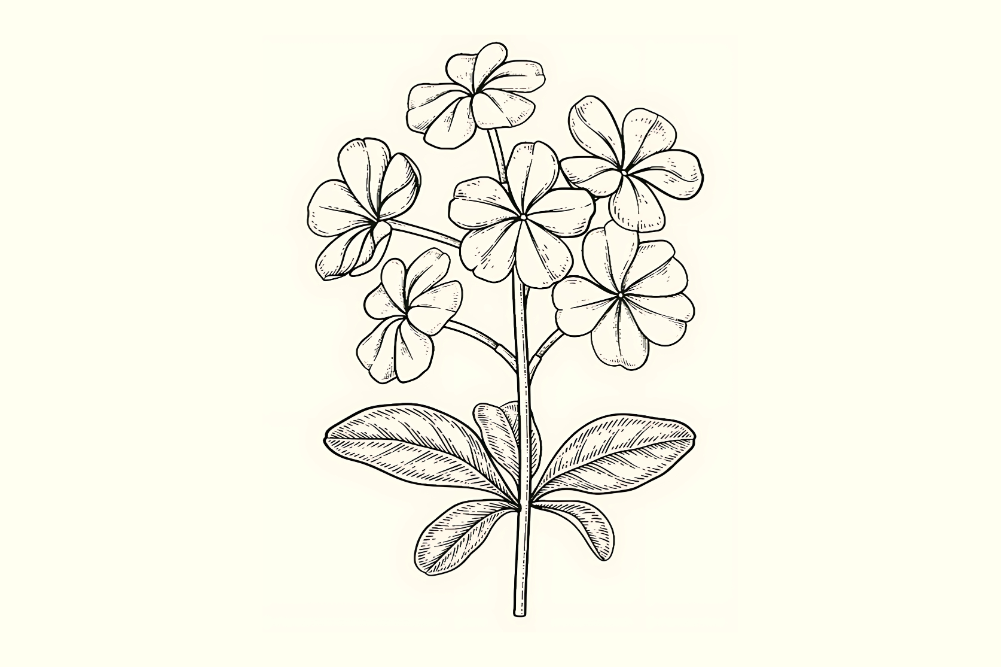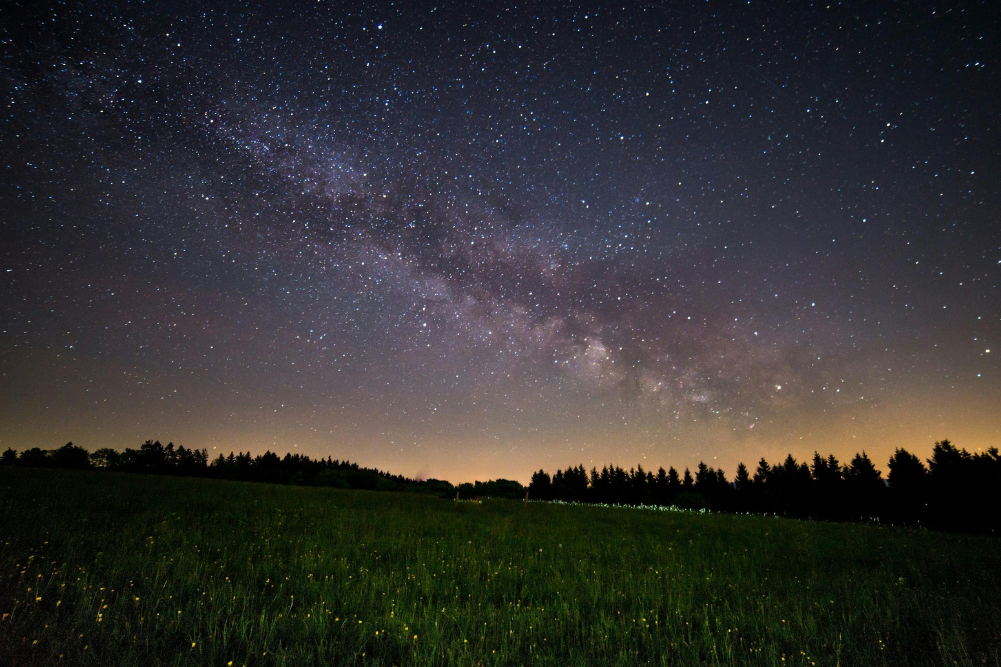Get the buzz on bees
Humans are good at a great many things. They are good at creating; they can create drama where there is only serenity and they can make things never before dreamed. Humans are good at understanding; they can dissect things but they can also put things together into a bigger picture. One undeniable skill of human beings is to take things for granted; they have a neverending capacity to ignore the value of the everyday. Take the humble bee for example, how often do you pause as you watch a little yellow and black striped fellow hopping among the lavender and reflect on the incredible work they do? If you haven’t thought about it then you should think about it now, because according to a new study bees need our help.
It has been said that bees are responsible for one out of every three bites of food you eat. Most crops grown for their fruits (including vegetables such as squash, cucumber, tomato and eggplant), nuts, seeds, fibre (like cotton), and hay (alfalfa grown to feed livestock), require pollination by insects. Pollinating insects also play a critical role in maintaining natural plant communities and ensuring production of seeds in most flowering plants. Pollination is the transfer of pollen from the male parts of a flower to the female parts of a flower of the same species, which results in fertilisation of plant ovaries and the production of seeds. The main insect pollinators, by far, are bees. Bees make excellent pollinators because most of their life is spent collecting pollen, a source of protein that they feed to their developing offspring.
In the course of just living their life bees play an essential role in the ecosystem but a new study has shown that climate change is putting pressure on bees…and therefore on the planet, and on us.
For the new study the researchers examined 110 years of records including more than 420,000 pieces of data collected on bees in the northern hemisphere. An analysis showed that in that time frame bees have lost around 300 km from the southern part of their habitat, so their range has shrunk 300km further north away from the equator in response to the warming of climate change. Unfortunately the bees are not moving their range further north to compensate so their range is diminishing and with added pressure the bee numbers are declining.
Loss of bees means loss of food security and the ripples of that are immense. These researchers suggest one possible solution as being an “assisted migration†program to move bee populations into areas where they can persist and survive. Whatever we do however, we need to do it now. Bees have helped us for millennia and the planet for aeons. Now, we need to help them and in the process we’ll be helping ourselves.







